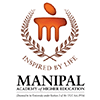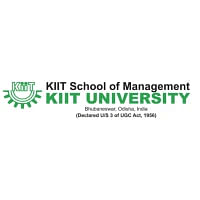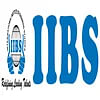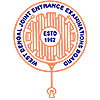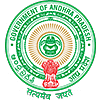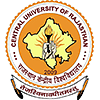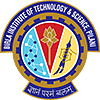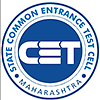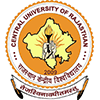
Table of Contents
Solving the MET sample papers can boost the candidate’s exam preparation and pass the exam with flying colors. MET exam is conducted for students hoping to be accepted into any of the Manipal Academy of Higher Education's (MAHE) undergraduate programs.
Manipal Entrance Test (MET) formerly known as MET is a common entrance exam for admission to the B.Tech programs offered by Manipal Academy of Higher Education across the country. In order to have a brief understanding of the exam's format, candidates should review the previous year's MET sample papers while they are preparing for the MET.
The sample papers include details on the total number of questions, maximum marks, total time allotted, and other crucial guidelines. Through consistent problem-solving of past year exam papers, candidates can improve their abilities and reduce the overall time required to complete any given topic.
MET Sample Question Papers
Exam preparation includes attempting MET sample papers from previous years. Candidates will gain a thorough grasp of the test's format and grading system as well as a sense of the difficulty level of the questions asked in the entrance exam by solving the MET sample papers. The MET Exam has consistently had a moderate level of difficulty, according to trends from the previous years.
Importance of Solving MET Sample Paper
The candidates will have the following benefits of solving MET sample question papers:
- MET Sample papers give a real test-like experience, allowing candidates to become familiar with the exam environment and hence reducing exam anxiety.
- Candidates are questioned on a variety of topics in MET sample papers, which enhances their problem-solving skills and gets them ready for difficult questions.
- Candidates who solve MET sample papers regularly improve their accuracy, learn how to handle challenging questions, and avoid common mistakes.
- MET sample papers also help candidates grasp the test format, question patterns, and grading system of the test.
- By practicing MET sample papers, candidates may also ascertain the amount of time they devote to each question or section. They can finish the exam in the allotted time because of this improvement in speed and accuracy. For example, speed will play a crucial role in Maths Sections as it has a major weighatage. The English Section can be a scoring factor.
MET Practice Paper PDF with Solutions
Candidates can click on the below links to check the MET practice papers of different subjects
|
MET Sample Papers |
Direct Links |
|
MET Practice Paper 2025 |
|
|
MET Practice Paper 2023 |
|
|
MET Practice Paper 2022 |
MET Sample Papers Format
MET is a computer-based exam that lasts two hours (120 minutes) and consists of Numerical Answer Type (NAT) and Multiple-Choice Questions (MCQs) covering a range of topics, including English, physics, chemistry, and mathematics.
The Math section has 15 MCQs and 5 NAT questions, the Physics section has 10 MCQs and 5 NAT questions, 10 MCQs and 5 NAT questions in Chemistry, and 10 MCQs in English. The overall mark for the exam is 240.
Candidates will get 4 marks for each correct answer and 1 mark will be deducted for each incorrect answer in the MCQs. Correct answers to Numerical Answer Type (NAT) questions are awarded four marks, while wrong responses will not result in a mark deduction.
MET Paper Pattern 2025
Candidates can check out the MET paper pattern below:
|
Sections |
Number of Questions |
|
English |
30 |
|
Maths |
70 |
|
Physics |
50 |
|
Chemistry |
50 |
|
Total |
200 questions |
MET Important Books
Candidates can check the list of MET Important books below to prepare for the exam:
|
Physics Important Books - Understanding Physics (Volume-1), DC Pandey Understanding Physics (Volume-2), DC Pandey Optics and Modern Physics, DC Pandey Concepts of Physics Part-1, H. C. Verma Concepts of Physics Part-2, H. C. Verma Electricity and Magnetism, DC Pandey Waves and Thermodynamics, DC Pandey |
|
Chemistry Important Books - Organic Chemistry (G.R. Bathla Publications)-Part 1, O. P. Tandon & A. K. Virmani Organic Chemistry (G.R. Bathla Publications)-Part 2, O. P. Tandon & A. K. Virmani Organic Chemistry, Morrison Boyd Concise Inorganic Chemistry, J.D. Lee Inorganic Chemistry, O. P. Tandon Physical Chemistry, P. Bahadur |
|
Maths Important Books - Class XII Mathematics, R.D. Sharma Higher Algebra, Hall and Knight Algebra (Arihant), SK Goyal Problems in Calculus, S.L. Loney. Trigonometry, Geometry Books, I.A. Maron. |
|
English Important Books - General Aptitude, R.S.Agarwal Wren n Martin, Revised by Dr.N.D.V.Prasada Rao Objective General English, S.P.Bakshi |
